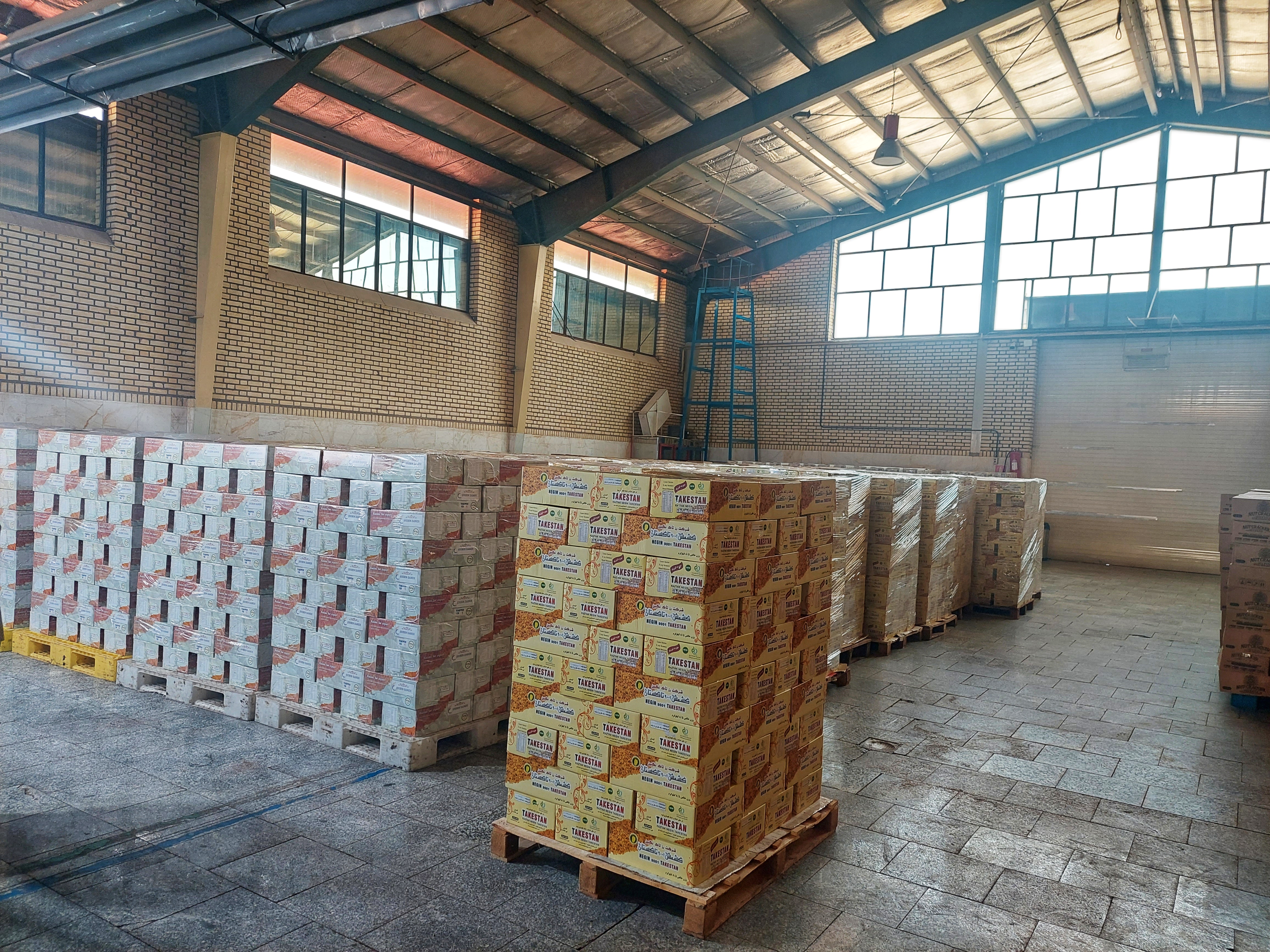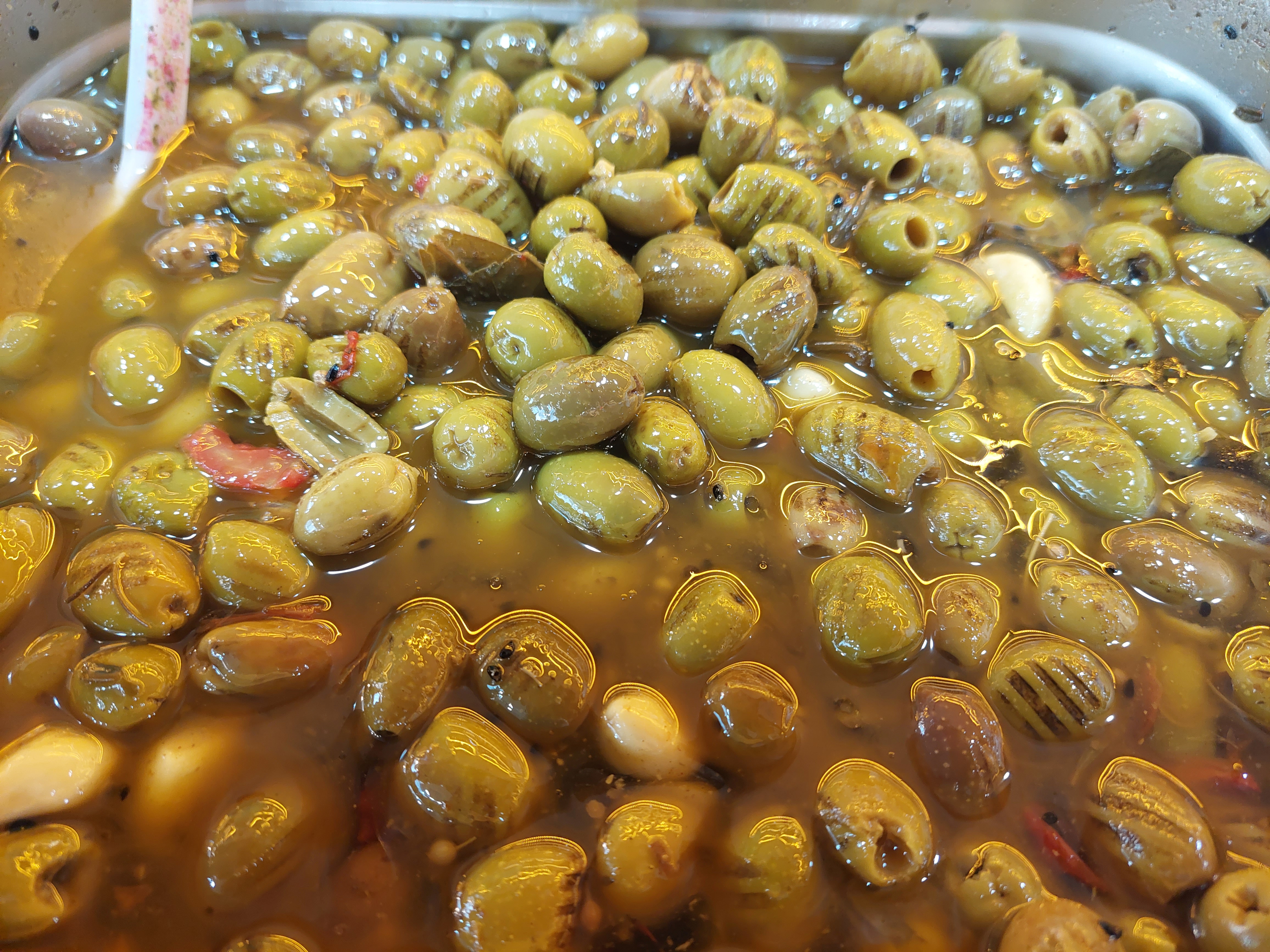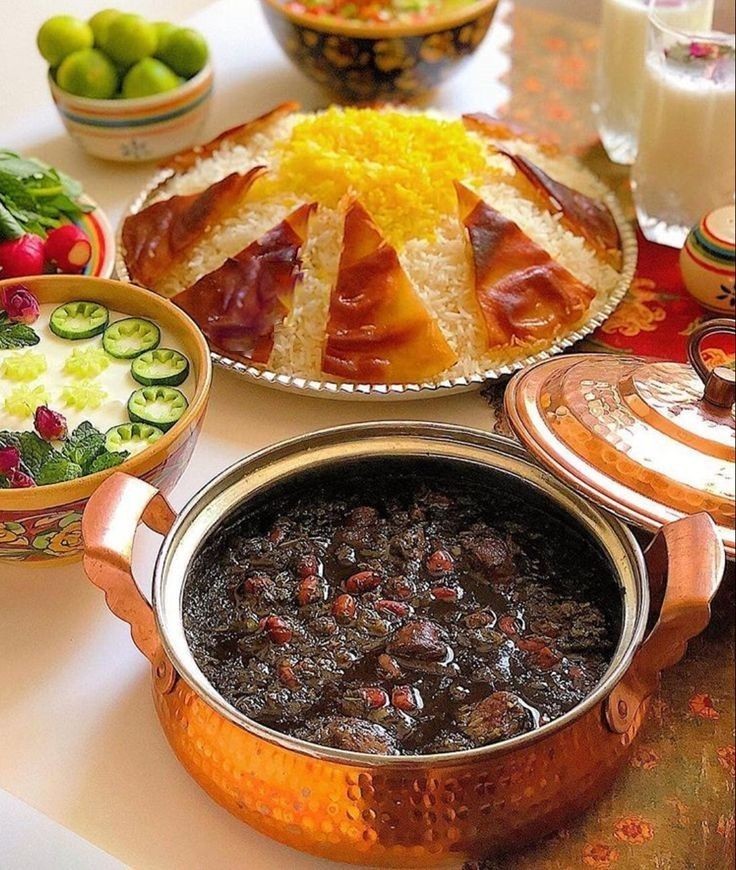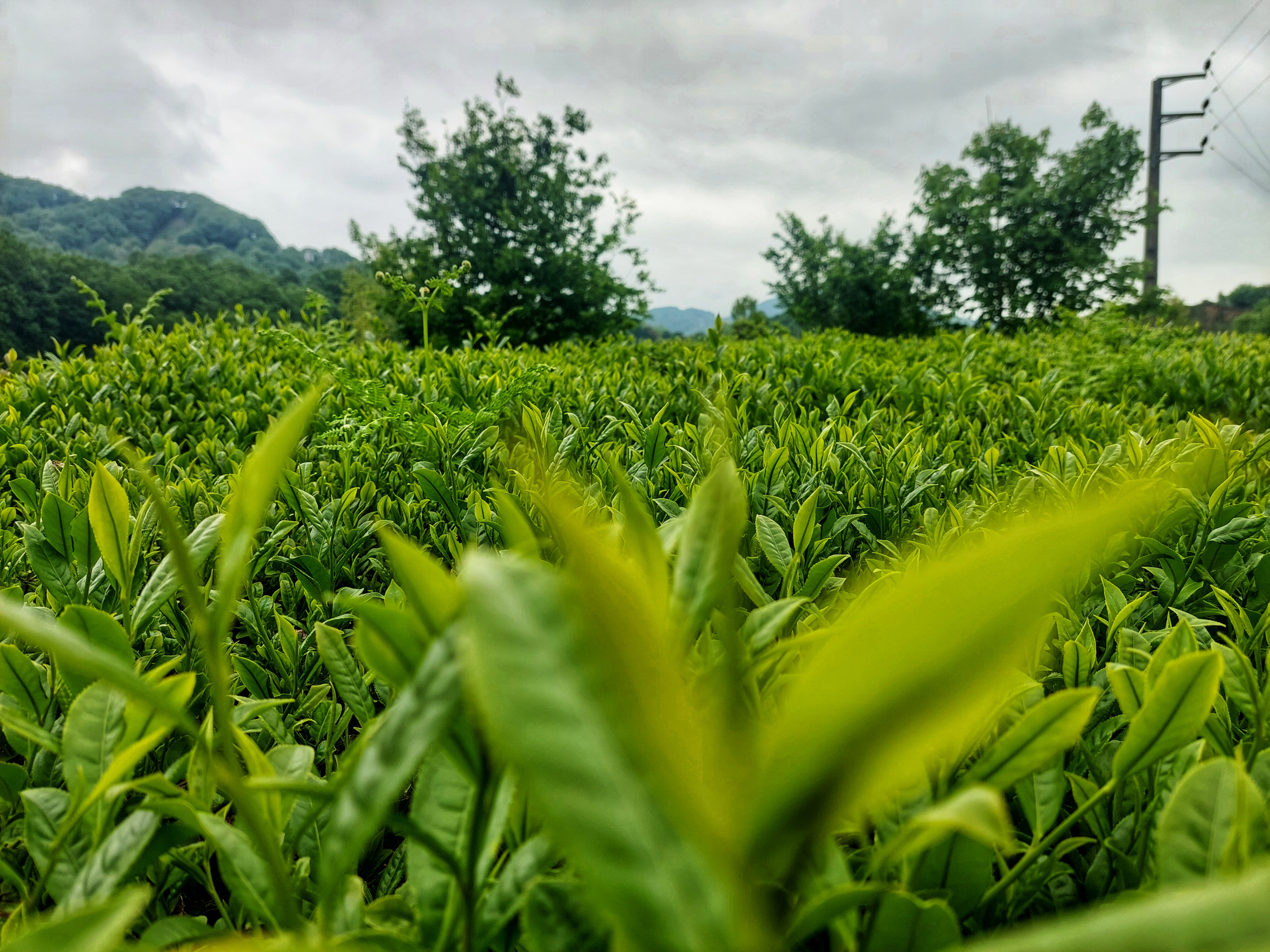Categories
The latest content
-

Optimal Storage Conditions for Iranian Sultana Raisins; A Complete Guide for Importers and Distributors
..
-

Takestan, The Beating Heart of Raisin Production in Iran
..
-

How Iranian Rice Cultivation and Harvesting Is Interwoven with Tradition and Culture in Gilan Province
..
-

Iranian Grilled Olives (Zeytoon Kababi): A Unique Culinary Treasure from Rudbar
..

Tags
: Wholesale Price and Market Trends of Iranian Tea in Germany (2025 Guide)

Germany is one of the largest tea-consuming countries in Europe, with a growing demand for natural, premium, and culturally diverse teas. While green and herbal teas dominate the mainstream market, there’s a rising interest in authentic black teas, particularly those with traditional and clean production methods—like Iranian tea.
In this article, we explore the wholesale pricing, market trends, and consumer preferences related to Iranian tea in Germany, based on insights from the European tea trade in 2025. Whether you are a tea distributor, importer, or specialty retailer, this guide offers valuable information to help you navigate the German tea market.
Why Iranian Tea?
Iranian tea, especially from regions like Lahijan, Fuman, and Ramsar, is known for:
• No chemical fertilizers or additives
• A rich, natural aroma and deep color
• Traditional sun-drying and oxidation methods
• Affordable pricing with strong quality-to-price ratio
These features appeal strongly to health-conscious German consumers, as well as the Iranian and Afghan diaspora living in cities like Berlin, Hamburg, Frankfurt, and Cologne.
Wholesale Price of Iranian Tea in Germany (2025)
Wholesale prices vary depending on quality, packaging, and transportation costs. As of Q1 2025, these are average figures:
1. Lahijan Black Tea (Premium), Packaging: Bulk, Origin: North Iran, CIF Price: 5.5 Euro- 7.0 Euro/kg
2. Broken Black Tea (Economy), Packaging: Bulk, Origin: Gilan Province, Iran, CIF Price: 3.5 Euro - 4.5 Euro/kg
3. Organic Certified Tea, Packaging: Bulk, Origin: Lahijan, Iran, CIF Price: 7.5 Euro - 9.0 Euro/kg
4. Retail Packaged (500gr), Packaging: Boxed, Origin: Branded, CIF Price: 2.8 Euro - 3.5 Euro/pack
Note: Shipping costs, import duties, and EU certifications (like organic or HACCP) can affect final prices.
Market Trends: Tea Consumption in Germany (2025)
1. Rise of Ethnic and Cultural Teas
German consumers are becoming more adventurous and are seeking teas from regions with a story. Iranian tea, with its deep roots in Persian culture, fits this trend.
2. Organic and Clean Label Demand
There is a noticeable shift towards non-GMO, chemical-free, and organic-certified teas. Iranian teas—often grown without artificial inputs—are being positioned as natural and pure alternatives to highly processed teas.
3. Growth of Online Retail and Direct Imports
Importers and wholesalers are now using e-commerce platforms like Amazon.de, eBay, and their own websites to offer direct sales. This trend favors suppliers who can offer small MOQ, fast shipping, and custom labeling.
4. Focus on Sustainability and Transparency
German consumers and retailers are asking more questions about labor conditions, traceability, and environmental practices. Tea brands that can provide transparency and ethical sourcing gain better access to premium retail channels.
Consumer Preferences: What German Buyers Want
Flavor Profile
• Mild to strong black teas with natural aroma
• Less bitterness, ideal for multiple brews
• Blends well with herbs, spices, or lemon
Usage
• Breakfast tea or afternoon refreshment
• Popular among both elderly consumers (for traditional taste) and young urban consumers (for its exotic origin)
Packaging Preferences
• Vacuum-sealed bulk packages for B2B buyers
• Elegant, recyclable packaging for retail (paper or tin)
• Arabic/German bilingual labels help target both diaspora and local buyers
Certifications That Matter
• Organic (EU Certified)
• HACCP / ISO 22000
• Halal (for Turkish and Arab communities)
Who Buys Iranian Tea in Germany?
1. Diaspora Grocery Stores
o Iranian, Afghan, and Arab food stores are consistent buyers
o Prefer bulk or 500g packs
o Look for competitive pricing and trusted suppliers
2. Specialty Tea Shops
o Seek unique origin teas for premium segments
o Interested in storytelling, terroir, and natural cultivation
3. Online Retailers
o Sell both branded and white-labeled Iranian tea
o Require reliable logistics, drop-shipping, and SEO-friendly content
4. Health Food Chains
o Potential future buyers if tea is certified organic and pesticide-free
o Require full traceability and COA (certificate of analysis)
Export Tips: How to Enter the German Market
To succeed in the German wholesale tea market, exporters from Iran should:
• Offer Samples: First-time buyers want to evaluate aroma, taste, and brew quality.
• Provide Multilingual Documentation: German, English, and Arabic labeling helps.
• Be Transparent About Origin: Include info about farming regions, cultivation methods, and harvesting time.
• Stay Competitive on Pricing: Compete not just with Indian and Chinese teas but also Turkish and Ceylon teas.
• Support Branding: German buyers love storytelling. Offer brochures, digital content, and social media-ready photos of tea farms.
Tamila Agrifood: Your Trusted Supplier of Iranian Tea
At Tamila Agrifood Company, we supply authentic Iranian tea sourced from top gardens in Lahijan and Gilan. We offer:
• Bulk and retail packaging options
• Custom labels in German, English, or Arabic
• Organic and HACCP certification (upon request)
• Flexible MOQ and fast export handling
• Competitive wholesale pricing for EU buyers
Whether you’re a wholesaler, online retailer, or health food brand, we can provide a tailored tea export solution that meets your exact needs.
Ready to Import Iranian Tea to Germany?
Let us help you grow your tea portfolio with authentic Iranian flavor. We are currently offering 2025 harvest black tea at discounted wholesale prices for new partners.



